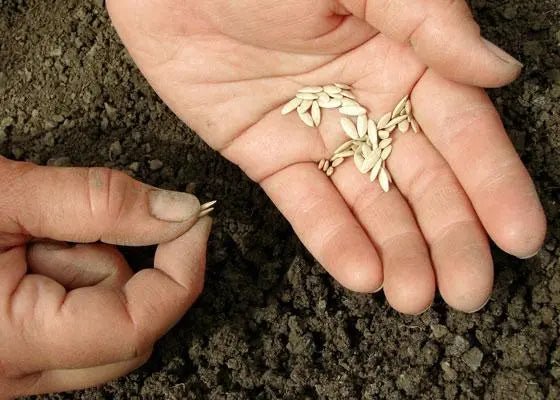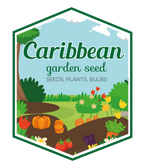
VEGETABLE GARDENING TIPS
VEGETABLE GARDENING TIPS
Starting Seeds Indoors Many of our favorite garden vegetables benefit from an extra few weeks under grow lights or on a heating mat before planting out - tomatoes, peppers, and eggplant being just a few.
If you're in a short season growing zone though, don't forget that it's time to sow onions soon! see our Blog section starting onions from seed indoors for more information on seed starting
.Cool Season Vegetables
Cabbage Carrots Cauliflower Chard Collards Garlic Kale Kohlrabi Lettuce Seeds Mescluns Mustard Greens Radish Spinach
Seeds and Bulbs that can be Planted in the Fall
Flowering Onion, Allium Columbine, Aquilegia Corydalis, Corydalis Daphne, Daphne Cranesbill, Erodium Sea Holly, Eryngium Flowering Cabbage, Brassica Heather, Calluna Trumpet Vine, Allamanda Bleeding Heart, Dicentra Burning Bush, Dictamnus Butterfly Gaura, Gaura Golden Chain Tree, Allium Honeysuckle, Lonicera Shooting Star, Dodecatheon Gentian, Gentiana Christmas Rose, Helleborus Daylilies, Hemerocallis Iris, Iris Lavender, Lavandula Bitter Root, Lewisia Lilies, Lilium Cardinal Flowers, Lobelia Meadow Rue, Thalictrum Phlox, Phlox Primroses, Primula Self Heal, Prunella Pasque Flower, Pulsatilla Fingerleaf Rodgersia, Rodgersia Roses, Rosa Salal, Gaultheria Trillium, Trillium Twinspur, Diascia Verbena, Verbena Violets, Viola
You can look up your climate zone here: http://planthardiness.ars.usda.gov/PHZMWeb/ If you have any question please feel free to ask !! We carry the finest Heirloom seeds, all our seeds our organic, non-gmo and untreated. We specializes in good, old-fashioned, organic, Heirloom, non-gmo, open pollinated vegetable, flower, and Fruit seeds. We have a wide variety of Organic, Heirloom, Rare,Exoctic, Open-pollinated & NON GMO ,Vegetable, Herb, Fruit, and Flower Seeds for sale. Companion Planting! The benefits of Companion Planting include: Minimizing Risk: Increases odds of higher yields even if one crop fails or you are effected by natural hardships such as weather, pests or disease, the overall yield of your plot may be increased by limiting the spread and avoiding a monoculture instead focus on polyculture or mimicing the best natural growth patterns and diversity. Crop Protection/ Shielding: Companion Planting can offer a more delicate plant shelter from weather such as wind or sun by growing aside another plant which can shield and protect while itself having a natural defence against the harsher conditions. Trap Cropping: Companion planting is also the ultimate organic pest management, you may keep away unwanted pests that may be attracted to one crop but repelled by the other and this will assit in protecting the otherwise attractive prey, this is referred to as trap cropping. Positive hosting: Predator recruitment typically in planting in proximity to plants which produce a surplus of nectar and pollen you can increase the population of beneficial insects that will manage your harmful pest population for you.
Here are some basic guidelines for successful companion planting: http://www.motherearthnews.com/organic-gardening/companion-planting-guide-zmaz81mjzraw.aspx#axzz3AmMXstdE

![[Seeds] - Caribbeangardenseed](http://caribbeangardenseed.com/cdn/shop/files/gift-card-gift-card-1_1024x1024_dfa857db-9150-4315-a362-7f0bb3fb9c47_60x28.png?v=1722895789)